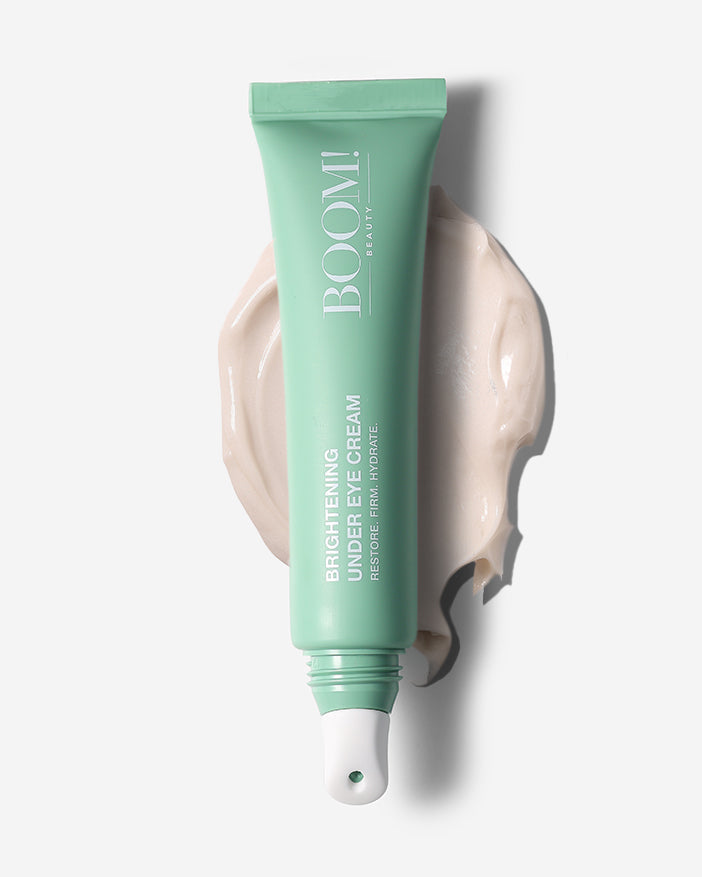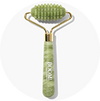5 Ways Music Makes Us Happier and Healthier
5 Ways Music Makes Us
Happier and Healthier
Love music?
You aren’t alone. Surveys show that Americans spend up to four hours a day listening to music. Whether on the radio, streaming or live, we love to listen to music—and for very good reasons.
Music has a way of connecting us to others and to our memories.
We can probably all remember a specific song at a specific time in our lives, whether that was walking down the aisle, singing a lullaby to a child or grandchild or rocking out with a best friend.
Hearing that song can bring that memory back in sharp clarity.
Music also makes us feel better. It gives us energy, improves our mood and can even help us manage pain and illness.
The best part? Any kind of music can stimulate these benefits. Whether you love classic rock, jazz, rap, classical, opera or pop hits, all genres have the power to improve our lives and our health.
Here are a few of the ways music benefits us.
1. Music improves memory.
Do you remember learning the alphabet song? Odds are you remember learning it, and odds are even better you remember the tune. Music has a way of helping us memorize information, which is why many of us learned the alphabet, the days of the week and the months of the year in song.
Music can help us remember in other ways too. One study found that those who listened to music had better memory and attention—and a more positive mood—than those who listened to an audio book or nothing.
Other studies have shown that even those with Alzheimer’s were better able to retain information after listening to music.
If you struggle with memory as you age, music may help.
Try listening to music you find stimulating before or while you learn something new. It may help you better remember what you read, hear or see.
2. It helps us manage pain.
Sometimes with age come aches and pains. Music has shown great promise in helping people manage this type of pain, as well as pain from conditions like fibromyalgia.
Researchers believe music helps release feel-good chemicals that mediate pain including dopamine (the pleasure and reward hormone), serotonin and oxytocin.
Music may even trigger the release of endogenous opioids, which act as hormones to help us manage pain.
Want to try it? We suggest seeking out a board-certified music therapist in your area or experimenting at home with your favorite music.
3. Music = stress relief
Feeling a little stressed lately? Music may be able to help.
Studies show that listening to music after a stressful event may help you recover faster.
This is likely because the same hormones and processes that help with pain also help with stress relief.
Listening to music can reduce your heart rate, lower blood pressure, decrease cortisol (the stress hormone) and increase feel-good hormones and endorphins.
So, when you sit down to relax after a stressful day, try listening to some music you love while you sip tea, stretch or do other relaxing activities.
4. Music helps us exercise better.
If you listen to music when you work out, we have good news. Music has been shown to help you exercise more efficiently and strenuously than silence or other sounds.
Listening to fast-paced music while you walk, jog or bike reduces your “awareness of exertion”—in other words, you work harder than you would have without music, without noticing that you’re working harder.
Researchers also show that working out with music makes your workout longer.
The next time you go out for your daily walk or step on the treadmill, try listening to some fast-paced tunes.
You’ll likely get better results without feeling like you’re working harder.
5. Music activates our brains.
Struggling with focus or creativity? Stimulating your brain through music may help.
Studies show that listening to music outside your comfort zone can stimulate your brain in ways that listening to familiar music cannot.
When we listen to new types of music, our brain struggles to make sense of it, stimulating new pathways that can improve attention, focus and problem-solving.
When your friend or grandchild invites you to check out their favorite band, give it a try. You may find yourself enjoying it—or at least the benefits—more than you think.
Tell us… How do you incorporate music into your daily life?
CHECK OUT OUR MOST POPULAR CONTENT































